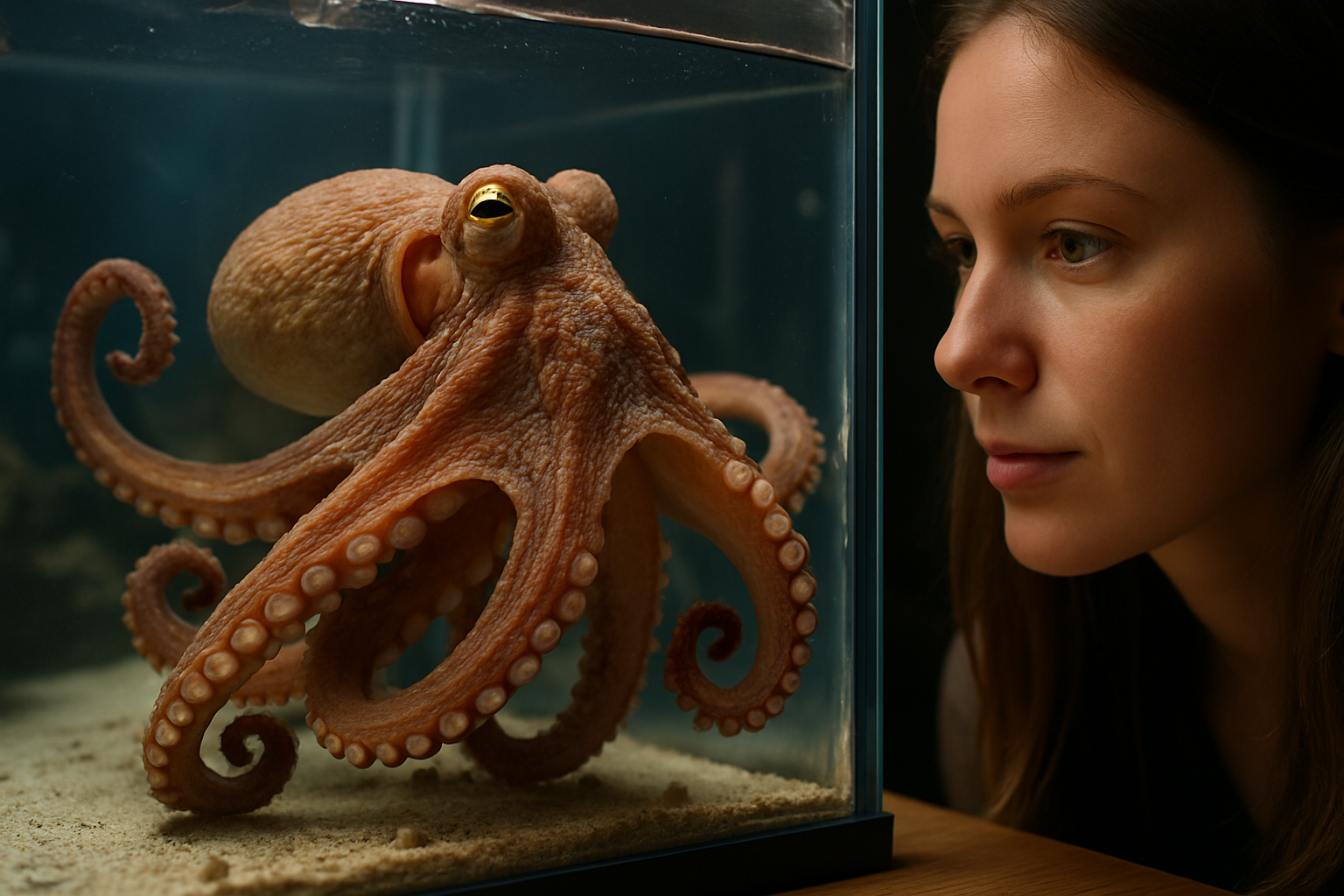Unraveling the Intriguing World of Octopuses as Pets
With their boneless bodies, three hearts, and unmatched intelligence, octopuses are among the most fascinating creatures of the undersea world. However, they have recently been thrust into the pet spotlight, attracting a niche group of aquarists drawn to their unique behavior and cognitive capabilities. This article delves into the relatively uncharted territory of octopus petship, exploring the challenges, rewards, and market implications of embracing these complex cephalopods at home.

The Emergence of Octopuses as Pets
Over the past few decades, the appeal of exotic pets has grown, leading to an increase in the diversity of animals kept in homes. Octopuses, with their alien-like appearance and cognitive prowess, have not been exempt from this trend. Their presence in the pet industry began modestly in the 1970s, primarily among marine biology enthusiasts. Since then, it has steadily grown to encompass a wider audience, spurred on by advances in aquarium technology and increased availability of species suitable for home care.
The Challenges of Octopus Care
Despite the growing interest, keeping an octopus as a pet is far from straightforward. These invertebrates require specific living conditions, including carefully maintained water temperatures, salinity, and pH levels. They are also known escape artists, capable of squeezing through minuscule gaps, posing a constant challenge for their keepers. Additionally, due to their relatively short lifespan — typically one to two years — pet owners must be prepared for frequent heartache.
The Rewards of Octopus Ownership
While they may be challenging, octopuses also offer a unique pet experience unmatched by more traditional animals. Their problem-solving abilities, learning capacity, and individual personalities can provide hours of fascination. They are known to play, exhibit curiosity, and even form bonds with their caretakers, offering a different perspective on the animal-human relationship.
Market Implications of Octopus Petship
The niche market for octopus pets has seen a significant upsurge over the years. As per recent estimates, a captive-bred octopus can cost anywhere from $30 to $1000, depending on the species and its age. However, it’s not just the animals themselves driving the market. The equipment required to house and care for these creatures, including specialized tanks, water testing kits, and escape-proofing tools, also contributes to a thriving industry.
The Future of Octopuses in the Pet Industry
With the rise in octopus popularity, concerns about animal welfare and environmental impact have also emerged. Octopuses are complex creatures whose needs may not be fully met in a home aquarium, leading to debates about their suitability as pets. Additionally, most pet octopuses are wild-caught, raising sustainability issues. Moving forward, a balance must be struck between meeting the demand for these unique pets and ensuring their welfare and the health of their wild populations.
While the octopus might be a non-traditional choice, the growing trend of these fascinating creatures becoming pets is undeniable. As we continue to unravel the mysteries of these intelligent invertebrates, one thing is clear: octopuses offer an intriguing, albeit challenging, addition to the realm of pet ownership. However, with this trend comes responsibility, both to the individual animals and the wild populations they come from.






